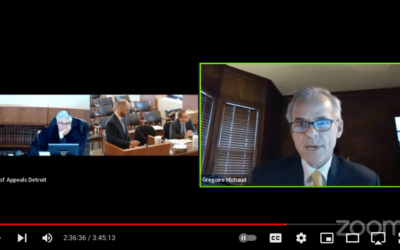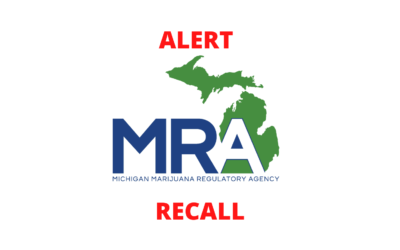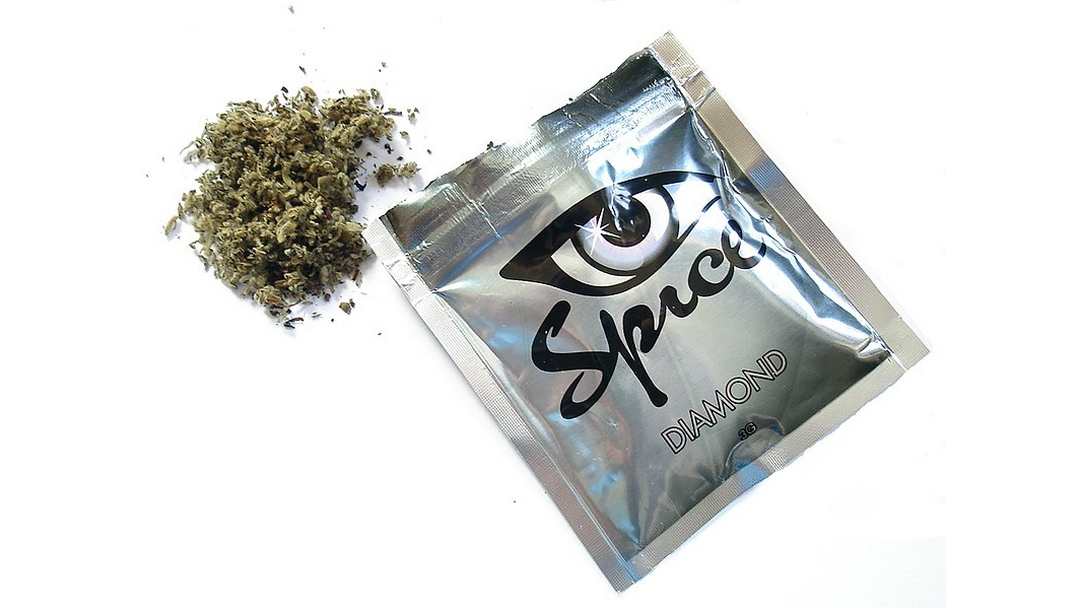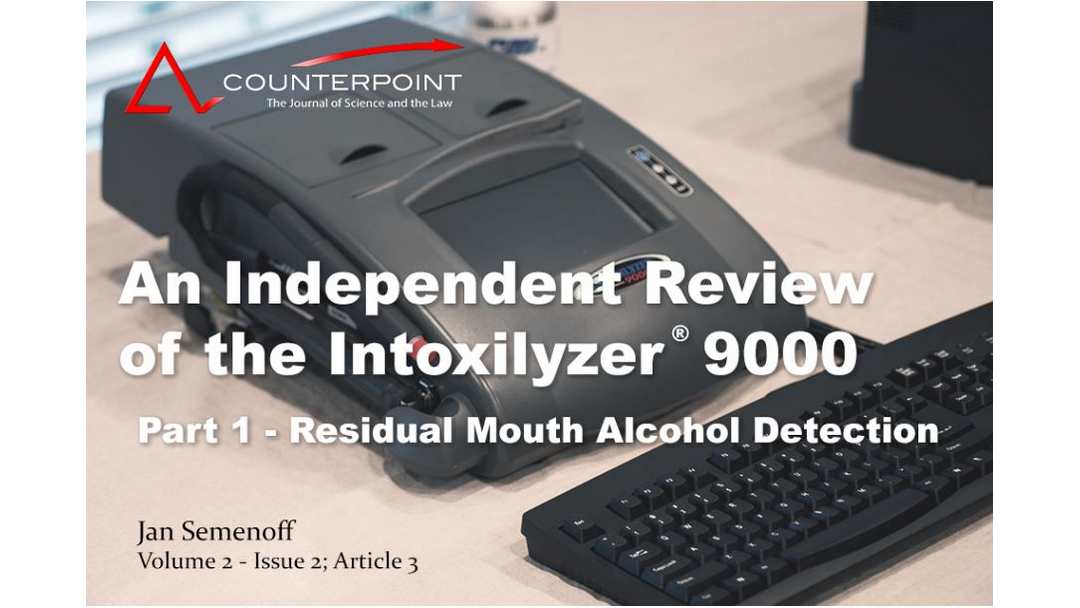In case you missed it... The validity of results issued by marijuana safety labs in Michigan and across the nation have been called into question. There are allegations of labs intentionally issuing higher THC potency test results -- which makes the marijuana more...

Cannabis cash transactions aren’t suspicious says IRS
Following The Money
Large cash transactions by marijuana businesses should not be automatically flagged as suspicious, as per the latest IRS guidance.
The tax agency’s guidance aims to provide clarity on the federal Bank Secrecy Act, which mandates businesses, including banks, to submit Form 8300 within 15 days if they receive $10,000 or more in cash.
Those forms enable the filer to categorize a transaction as “suspicious,” providing vital information for investigation by the IRS and the Financial Crimes Enforcement Network (FinCEN) into potential criminal activity.
But classifying a cash transaction from a legitimate cannabis enterprise as suspicious in a defensive manner is a misuse of that designation,” cautioned IRS Special Counsel Charles Hall in a memorandum dated January 22nd.
Links to the IRS Releases
Related Articles
Super potent weed spurs distrust in Michigan marijuana industry
Judge limits Michigan marijuana recall to half the product initially covered
A marijuana recall will proceed in part after a judge denied a testing company's request for a preliminary injunction for a recall of products tested by one of its labs, but allowed it for the other. The split decision from Michigan Court of Claims Judge Christopher...
Michigan lab fights back in court after marijuana recall
A marijuana lab licensed in Michigan is suing the Marijuana Regulatory Agency (MRA) over a recall that impacted nearly $230 million worth and 64,000 pounds of marijuana products in the state. Michigan Court of Claims Judge Christopher M. Murray on Monday appeared to...
Official Notification of Marijuana Product Recall
The Marijuana Regulatory Agency (MRA) has identified inaccurate and/or unreliable results of products tested by laboratories Viridis North, LLC and Viridis Laboratories, LLC. A link to the locations affected by the recall is at the end of this information In the...
More Posts
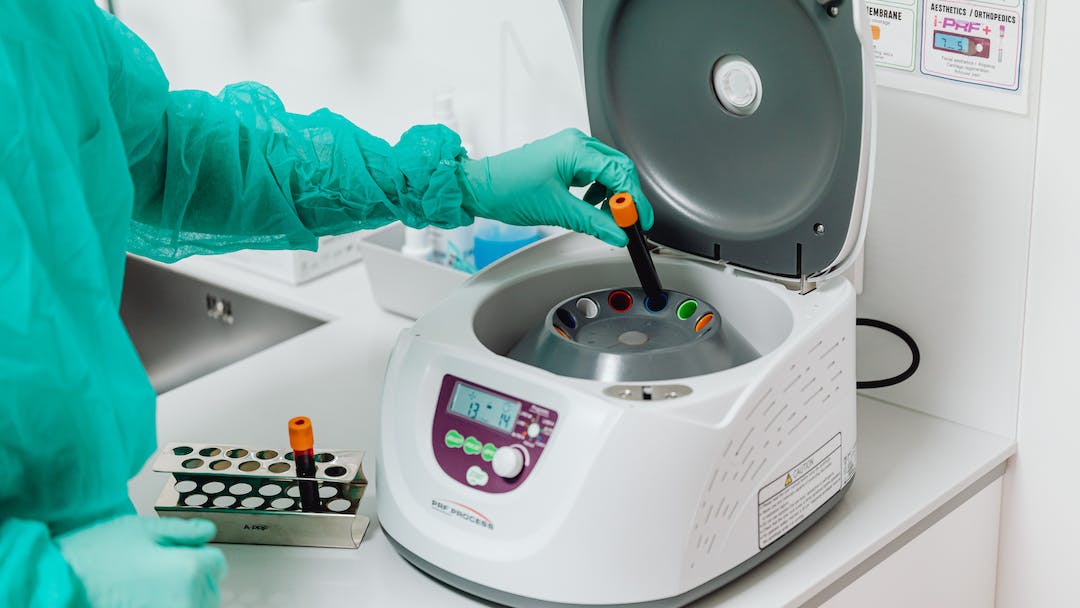
THC Detection in Blood: A Comprehensive Review
THC Detection in Blood: A Comprehensive Review Tetrahydrocannabinol (THC), the main psychoactive compound in marijuana, can remain detectable in the blood for several...

It’s not hard to be accused of being a Menace in Michigan
“You are a menace, you’re talking louder than me, you don’t agree with me and now you're pointing at me with gun fingers. I feel threatened! I’m calling the police”....
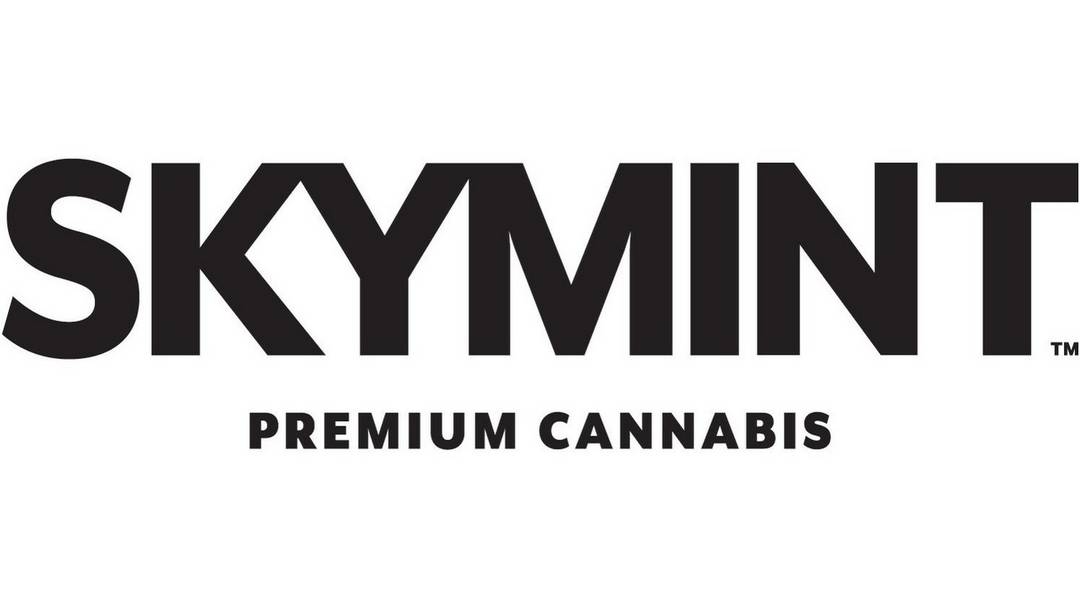
Skymint acquired out of receivership
Tropics LP, under a new entity called Skymint Acquisition Co., acquired the assets of Green Peak Industries, doing business as Skymint, for $109.4 million. Nuff...

Trulieve seeks $143M federal refund for 280E taxes
Would enforcing payment and accepting money from a federally illegal business cause you to be caught up in RICO, CCE and conspiracy charges that would put you away for...

Feds Clarify Doctor Prescribed Medical Cannabis Is No Excuse
The revised federal workplace drug testing guidelines, issued by the Substance Abuse and Mental Health Services Administration (SAMHSA), Department of Health and Human...
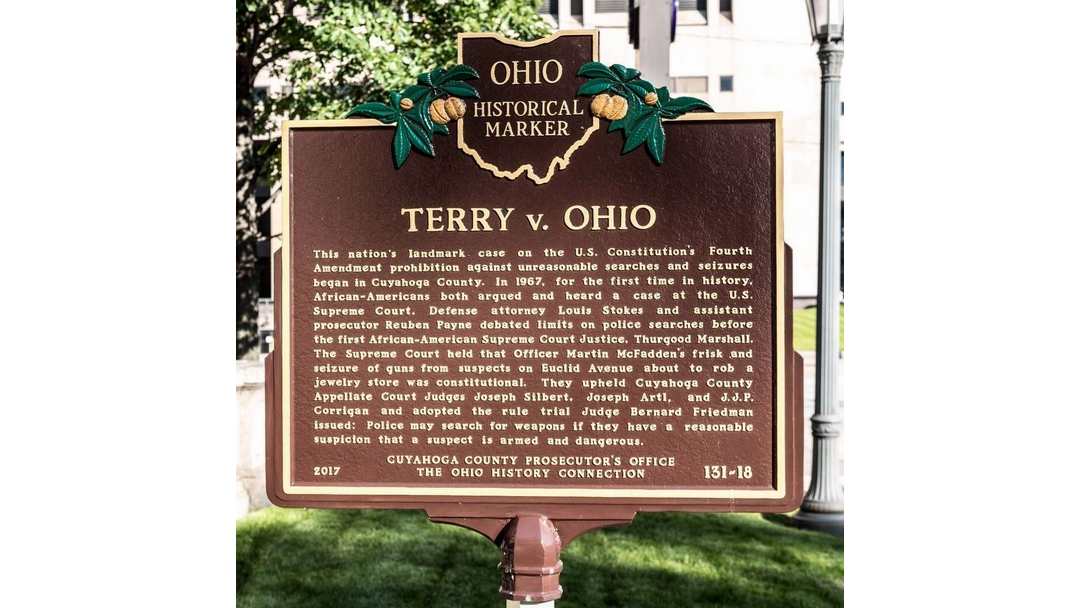
Stop and Frisk – Terry v. Ohio
Terry v. Ohio (1968)Background On October 31, 1963 while conducting his regular patrol in downtown Cleveland, seasoned Cleveland Police detective Martin McFadden, who...

Can I have open alcohol in a trailer that is being pulled on the road?
Question: Can I have open alcohol in a trailer or camper that is being pulled on the road? Answer: In most instances transporting or possession of open intoxicants in...

How Much Does it Cost for an Expungement in Michigan?
Ask yourself - How much is your record costing you not to have it expunged.When you have been convicted of a crime in Michigan, you are likely aware of the negative...
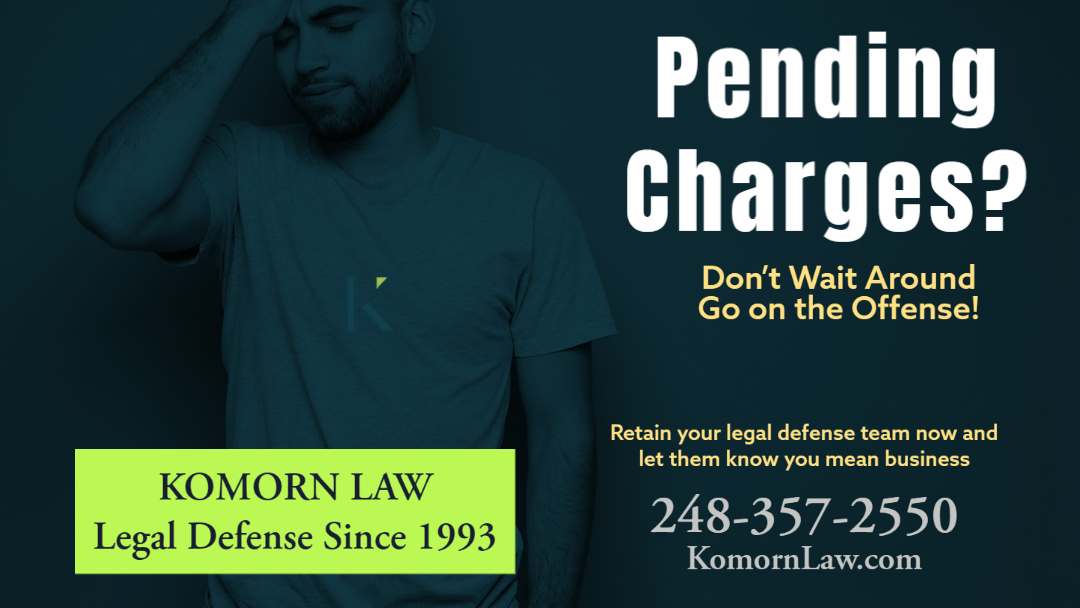
Pending Charges?
Pending Charges. Don't wait. Get ahead of their game. If you have been arrested but not charged yet. Don't wait while they build evidence and take your statements to...

Conspiracy is a Crime
In Michigan, conspiracy is a crime that is defined as "the agreement between two or more persons to commit any crime." The crime of conspiracy could be considered...



